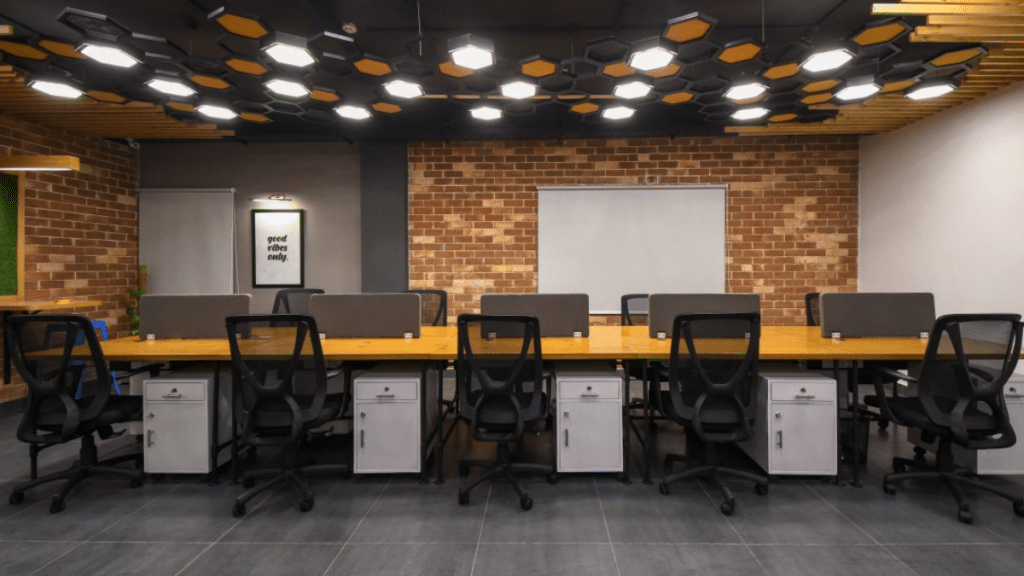Businesses across the UK are increasingly shifting away from traditional, long-term office leases in favour of more flexible alternatives. This growing trend reflects the evolving needs of companies in today’s dynamic work environment. Let’s explore why this change is happening and what it means for businesses like yours.
Keep reading to discover why businesses are moving away from fixed office leases and the reasons behind it!
The Changing Nature of Workspaces
In the past, securing afixed office lease was the go-to solution for businesses looking for stability. However, the modern workplace is evolving. With the rise of remote working, hybrid models, and the increasing demand for flexible office solutions, many businesses are reassessing their need for permanent office spaces.
The flexibility offered by alternatives such as coworking spaces, hot desks, and short-term office rentals is making fixed leases seem less appealing. These options allow businesses to scale up or down without the long-term commitment and financial strain of a traditional office lease.
Financial Flexibility
One of the most significant reasons businesses are moving away from fixed office leases is the financial flexibility that comes with short-term rentals. Fixed leases often require substantial upfront costs, including a deposit, long-term commitments, and additional overhead costs. In contrast, if you rent London office space with Zipcube, you can find an ideal venue based on your unique needs, without worrying about fixed, long-term costs.
Short-term office rentals help businesses manage their budgets more effectively. This is particularly valuable for startups or businesses in rapidly changing industries, where the ability to adapt quickly can make or break success.
Increasing Remote and Hybrid Work Models
The shift toward remote and hybrid working has accelerated due to changing workplace trends. As employees increasingly work from home or on the go, businesses no longer require large, permanent office spaces. Instead, flexible working environments such as coworking spaces or shared offices provide the collaborative atmosphere many businesses seek, without the burden of managing a full-time office.
Moreover, hybrid work models where employees split their time between the office and remote locations further reduce the need for a fixed office lease. Businesses can rent meeting rooms, training spaces, or coworking desks on demand, ensuring they only pay for what they use.
The Flexibility of Modern Office Solutions
Another key factor driving the shift away from fixed office leases is the flexibility that modern office solutions provide. Coworking spaces, serviced offices, and meeting room rentals can be customised to suit specific business needs. These spaces are fully equipped with all the amenities needed to run a business smoothly, from high-speed internet to professional support services.
This flexibility allows businesses to scale operations up or down based on their current needs. Whether you’re a small startup or a growing enterprise, the ability to adjust your office space requirements without the constraints of a fixed lease is a significant advantage.
The Future of Office Space
The move away from fixed office leases is not just a trend but a reflection of the changing way businesses operate in the modern world. With financial flexibility, the rise of hybrid work models, and the increasing availability of flexible office spaces, businesses can adapt to a rapidly changing environment.
